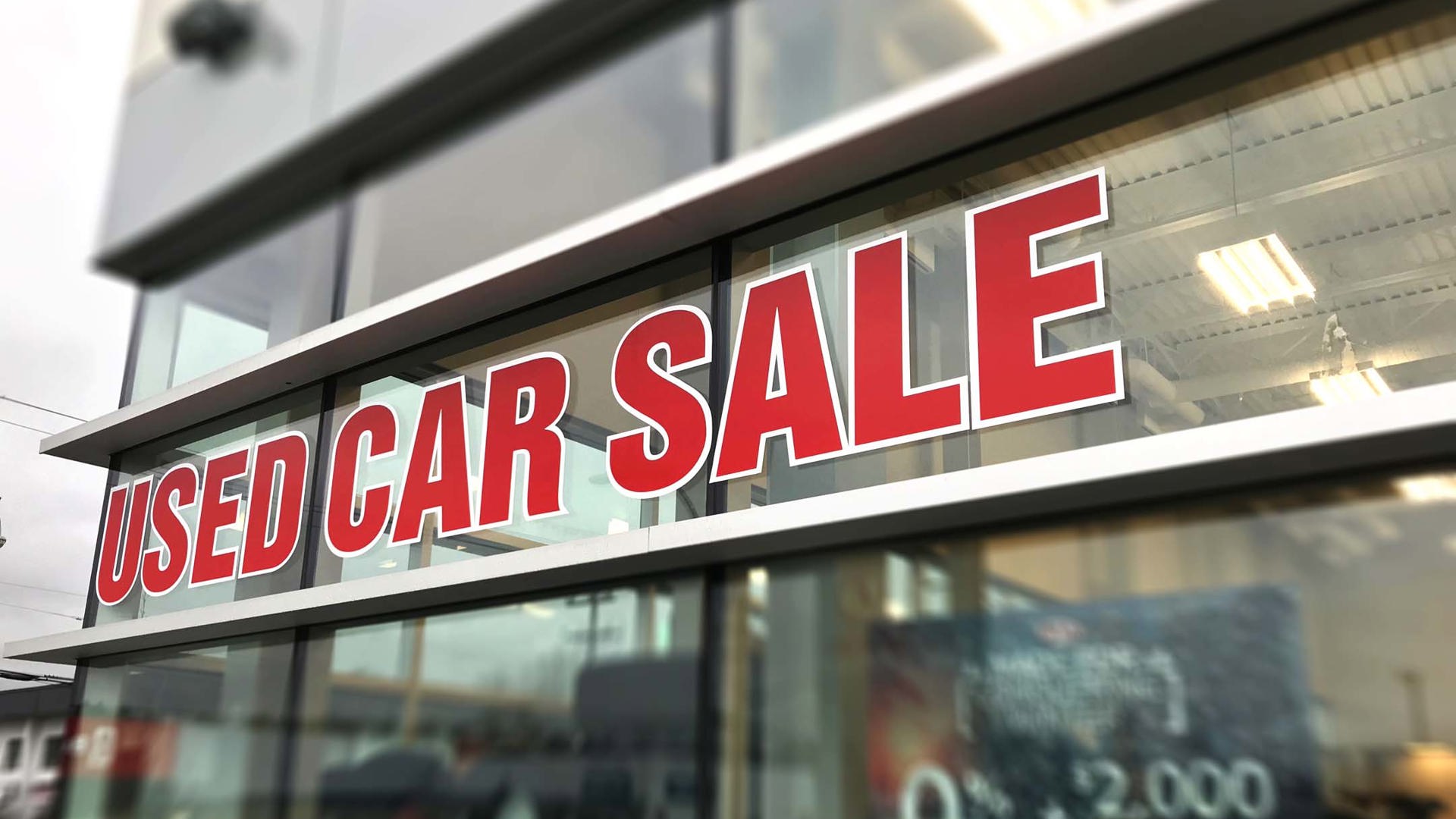Canadians have long paid sales tax on most of the goods and services we buy. Cars fall under the “goods” category, but how much tax you have to pay when you buy a car depends on where you live.
Let’s start with the easy stuff: Canada-wide, new cars are subject to the combination of GST and each province’s sales tax, or HST in Ontario and the Maritime provinces.
But used cars are another thing. If you buy a used car or truck from a dealer, you will be charged both federal (GST) and any applicable provincial sales taxes, just as you would when you buy most other consumer goods.
But according to Canadian tax law, if you buy a used car or truck privately, you do not pay GST. Instead, you pay only the applicable provincial sales tax, typically when you register the vehicle, and it is usually calculated based on the current value of the vehicle.
Confounding the matter somewhat for used car buyers is the Harmonized Sales Tax (HST) charged in Ontario and the four Atlantic provinces (Nova Scotia, New Brunswick, Newfoundland and Labrador, and Prince Edward Island). That means regardless of whom you buy your vehicle from, you’re on the hook for both the five percent GST and the applicable provincial sales tax.
Read on for a province-by-province-by-territory breakdown of how much sales tax used car buyers are required to pay in various parts of the country.
British Columbia
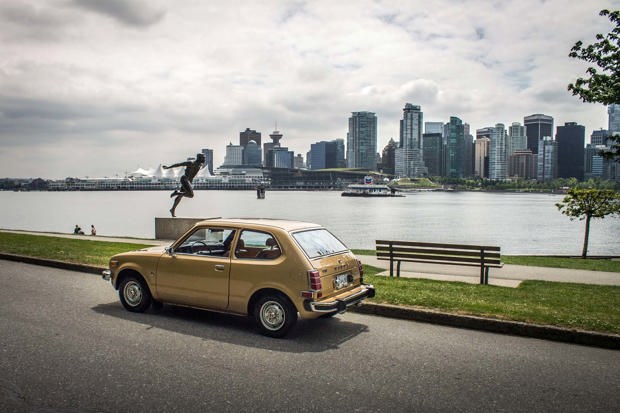
BC has the country’s most complicated sales tax program for used vehicle purchases. Here, the rate of tax applied to the purchase of a used car depends on the purchase price.
For cars bought from private sellers, if you pay up to $124,999 for the vehicle, you will have to pay 12 percent PST; 15 percent on a car or truck sold for between $125,000 and $149,999; and 20 percent if you pay more than $150,000. The PST amount owing is payable when you register the car with ICBC, the province’s motor vehicle registration and insurance body.
The PST is also calculated based on the purchase price of vehicles bought from dealerships. In that case, it starts at seven percent for vehicles costing less than $55,000 and rises to eight percent if the price is between $55,000 and $55,999, nine percent on a price between $56,000 and $56,999, 10 percent on $57,000–$124,999, 15 percent on $125,000–$149,999, and 20 percent once the price reaches $150,000. All of those are paid in addition to the five percent federal GST.
Alberta
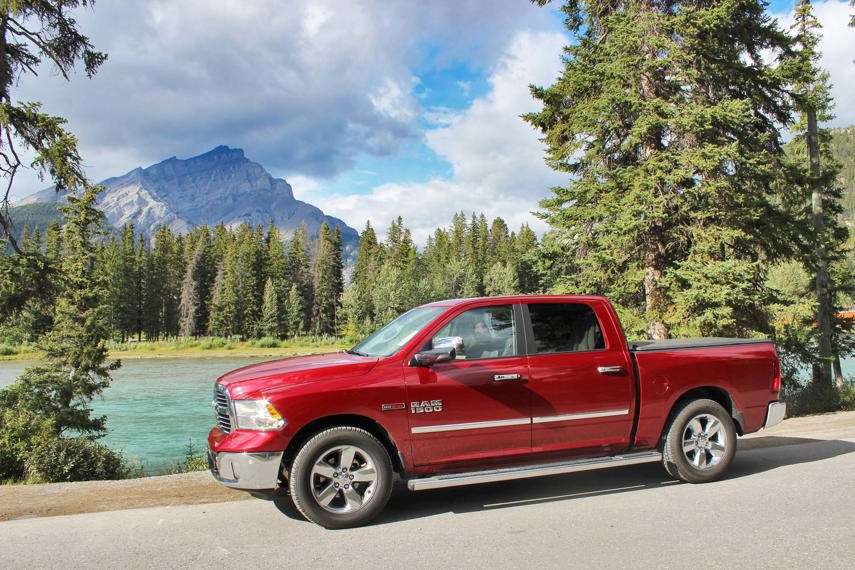
Alberta is one of four jurisdictions in Canada that does not collect a provincial sales tax so, as in other provinces, you’ll only pay the five percent GST if you buy your vehicle from a dealership, and private sales are not taxed.
Saskatchewan
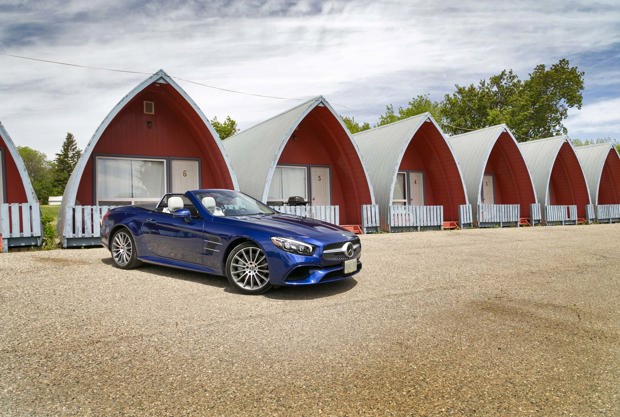
Saskatchewan’s latest provincial budget, tabled in April 2018, includes a new used-car provincial sales tax (PST) policy that adds six percent to the price of any used vehicle for which the buyer pays $5,000 or more. If you buy a vehicle privately, you will have to pay the tax when you register it in your name with SGI, Saskatchewan’s vehicle licencing body.
Private buyers who pay less than $5,000 on a vehicle “registered for personal or farm use” are exempt from the new tax, but dealers have to collect the PST on all cars they sell, regardless of price.
While the six percent is calculated on the purchase price, the $5,000 private-sale exemption is based on Canadian Red Book values.
And, as in other non-HST provinces, vehicles bought from dealers are also subject to the GST for a total of 11 percent.
Manitoba
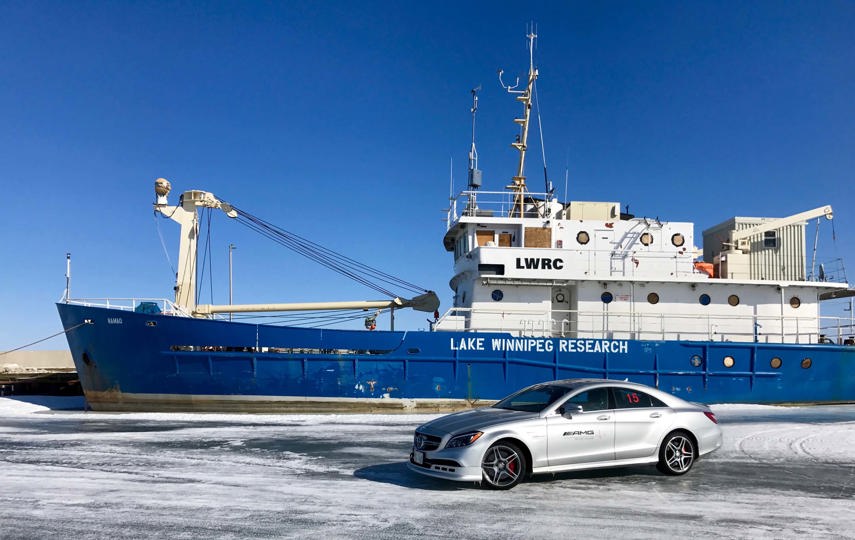
Manitoba has an eight percent provincial retail sales tax (RST) that applies to all used car purchases and is either paid to the dealer or, if you buy privately, to Autopac, the province’s motor vehicle insurer. Add the 5 percent GST when buying from a dealer.
Ontario
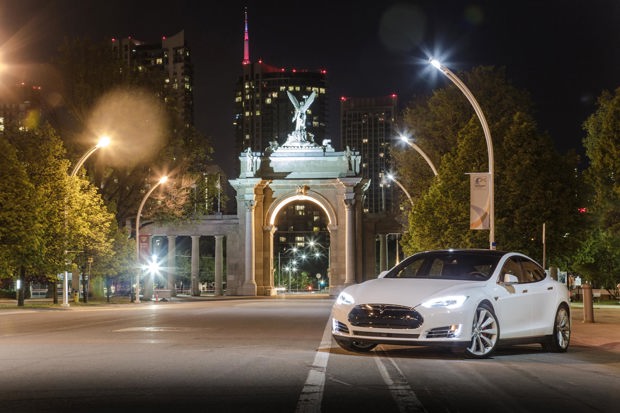
As one of five jurisdictions that subscribes to the harmonized tax program, Ontario’s 13 percent HST (five percent GST plus eight percent PST) applies to all used car purchases.
If you buy from a dealer, they’ll add that amount to your bill. Private sellers pay the 13 percent when they register the car at the Ministry of Transport (MTO), which bases the tax owing on Canadian Red Book’s valuation of the car.
Quebec
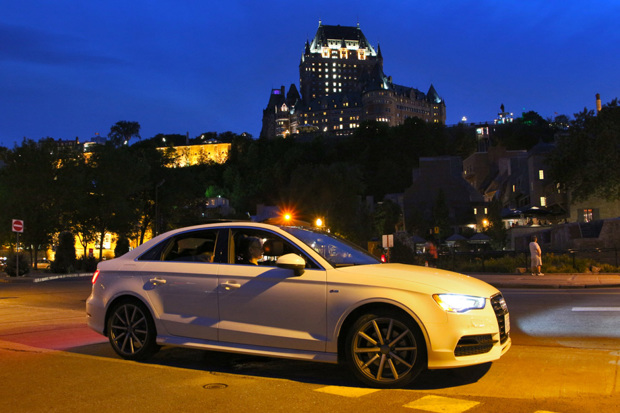
Quebec applies its 9.5 percent Quebec Sales Tax (QST) plus the five percent GST to used cars bought from dealers, and the QST alone to vehicles purchased from private sellers.
Those taxes are calculated differently, however. The dealer charges GST based on the purchase price, but the QST is set on the higher of the sale price or the vehicle’s estimated value.
New Brunswick, Nova Scotia, Prince Edward Island, Newfoundland and Labrador
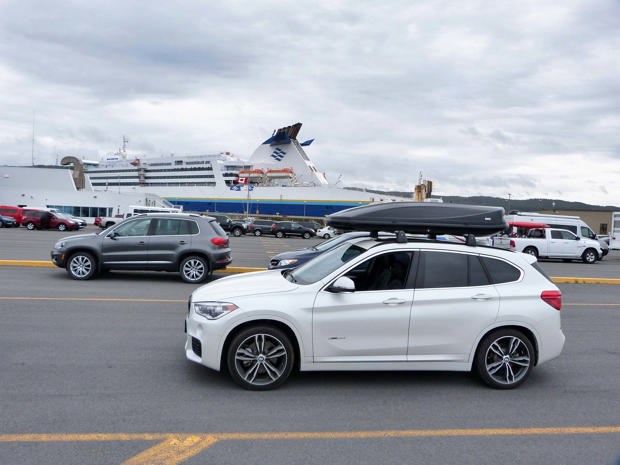
We’re covering the four Maritime provinces in a single section because the tax rate and rules are the same in all four jurisdictions.
This quartet share a 15 percent Harmonized Sales Tax rate applied to all used vehicles bought from a dealership.
If you buy privately, you pay the same percentage, but in the form of provincial retail sales tax (New Brunswick gets specific and calls it Provincial Vehicle Tax) payable when you register the vehicle in your name. The tax is calculated based on either the purchase price or the average wholesale value.
Yukon Territory, Northwest Territories, Nunavut
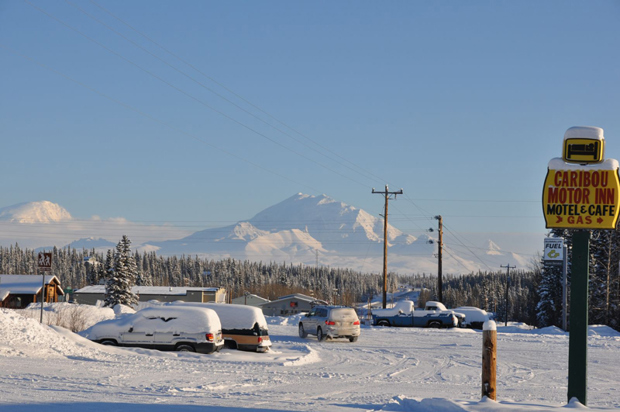
Residents in much of Canada’s North pay no territorial sales taxes, so only used cars purchased from dealerships are subject to the federal GST, at five percent.
